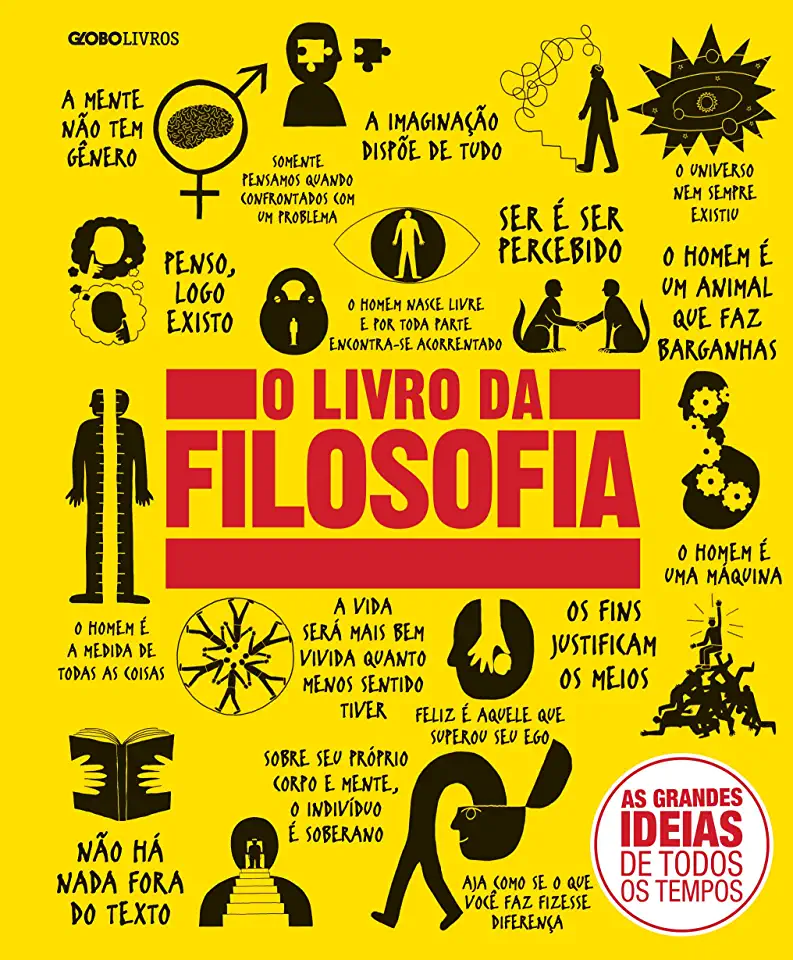
What is Knowledge? - Plato
What is Knowledge? by Plato: A Journey into the Depths of Human Understanding
Delving into the Essence of Knowledge
In the realm of philosophy, few questions have captivated minds as profoundly as the nature of knowledge. Plato, one of the greatest philosophers of all time, delves into this very essence in his seminal work, "What is Knowledge?" With his characteristic brilliance and profound insights, Plato embarks on an intellectual odyssey that challenges our conventional understanding of knowledge and invites us to explore the depths of human cognition.
Unveiling the Forms: The Cornerstone of Platonic Epistemology
At the heart of Plato's epistemology lies the concept of Forms, eternal and immutable entities that transcend the realm of our physical existence. These Forms serve as the ultimate source of knowledge, representing the perfect and unchanging ideals of all things. According to Plato, true knowledge is the apprehension of these Forms, a process that requires the soul to transcend the limitations of the physical world and ascend to the realm of pure thought.
The Allegory of the Cave: A Metaphor for Enlightenment
Plato's exploration of knowledge finds its most vivid expression in the renowned Allegory of the Cave. This allegory depicts a group of individuals chained within a cave, facing a wall upon which shadows of objects passing outside are projected. Mistaking these shadows for reality, the prisoners believe they possess knowledge of the world. However, when one of them is freed and emerges from the cave, he discovers the true nature of reality and the vastness of his previous ignorance. This allegory serves as a powerful metaphor for the journey from ignorance to enlightenment, emphasizing the transformative power of knowledge.
The Divided Line: Mapping the Degrees of Knowledge
Plato further elucidates his theory of knowledge through the concept of the Divided Line. This line is divided into four segments, each representing a different level of knowledge. At the lowest level lies imagination, followed by belief, then understanding, and finally, at the pinnacle, pure knowledge or nous. This hierarchy of knowledge highlights the progressive ascent from mere sensory perception to the highest form of intellectual comprehension.
The Socratic Method: Questioning the Path to Wisdom
Plato's exploration of knowledge is inseparable from the Socratic Method, a powerful technique of inquiry named after his mentor, Socrates. This method involves a series of probing questions that challenge conventional assumptions and lead the individual to critically examine their own beliefs. By engaging in this process of questioning, individuals are guided towards a deeper understanding of themselves and the world around them.
The Value of Knowledge: A Path to Virtue and Fulfillment
Plato firmly believed that the pursuit of knowledge is not merely an intellectual exercise but a moral imperative. He argued that knowledge is essential for virtuous living and the attainment of eudaimonia, the highest form of human flourishing. By acquiring knowledge, individuals develop their rational faculties, enabling them to make sound judgments and lead ethical lives.
Conclusion: Embark on the Journey of a Lifetime
"What is Knowledge?" by Plato is a timeless masterpiece that invites readers to embark on a profound journey of intellectual exploration. Through his insightful examination of Forms, the Allegory of the Cave, the Divided Line, the Socratic Method, and the value of knowledge, Plato challenges us to question our assumptions and seek a deeper understanding of the world around us. This book is a must-read for anyone seeking to expand their intellectual horizons and embark on a transformative quest for knowledge.
Enjoyed the summary? Discover all the details and take your reading to the next level — [click here to view the book on Amazon!]